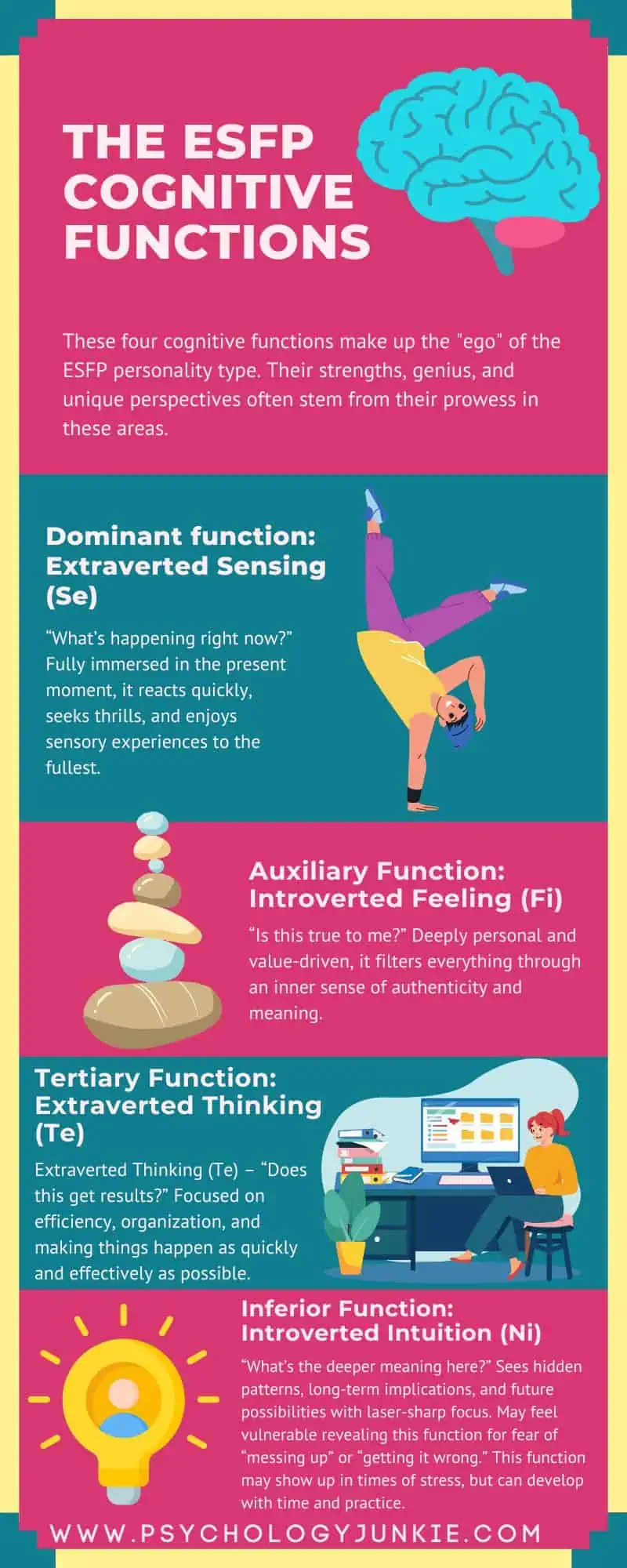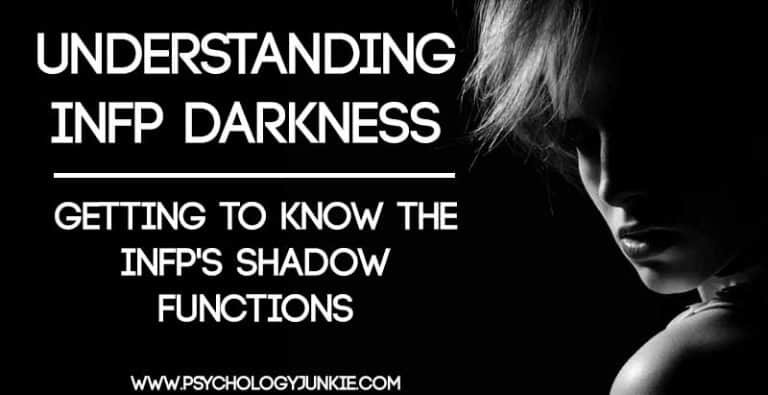What Is Will Smith’s Myers-Briggs® Personality Type?
You know Will Smith. You’ve seen him punch aliens, rescue robots, play matchmaker, drop multi-platinum albums, and yes—slap a comedian on live television. But none of that really explains him.
Not the way personality type does.

Will Smith is one of my favorite examples of the ESFP “Entertainer” or “Champion” personality type. What does ESFP stand for? Extraverted, Sensing, Feeling, and Perceiving. Or, if you want the real-world translation: charismatic action-taker with a deep value system and a magnetic presence. The kind of person who doesn’t just walk into a room—he changes the air pressure in it.
Let’s dig into why.
What Is an ESFP, Really?
ESFPs love the spotlight, but what drives them isn’t just attention—it’s connection. ESFPs are grounded in the real world (thanks to dominant Extraverted Sensing, or Se), and they’re moved by a deep inner sense of meaning and ethics (that’s auxiliary Introverted Feeling, or Fi).
Here’s the ESFP function stack in plain terms:
Se (Extraverted Sensing): Lives in the now. Reacts quickly. Takes in details most people miss.
Fi (Introverted Feeling): Has a personal moral code. Doesn’t just feel deeply—feels authentically.
Te (Extraverted Thinking): Competitive. Goal-driven. Can flip into workhorse mode to prove a point.
Ni (Introverted Intuition): Weak spot. Struggles with long-term planning or unseen consequences.
Now, look at Will Smith through this lens, and you’ll start to see a pattern. Not just of behavior, but of essence.

ESFP Trait #1: Lives in the Moment. Boldly.
There’s a quote from Will that could be a mission statement for Se-dominant (ESP) types:
“Life is lived on the edge.”
That’s not a metaphor. Will doesn’t dabble in intensity—he dives in headfirst. Whether it’s bungee jumping from a helicopter over the Grand Canyon for his 50th birthday or dancing through his own YouTube channel with no shame, Will embodies the ESFP’s love of visceral, full-sensory experience.
This isn’t just about thrill-seeking. It’s about being present. ESFPs don’t speculate; they respond. They take in the environment in high-definition detail, then react in real time.
And Will does that in every role, every interview, every red carpet moment. You never get the sense that he’s performing in the calculated sense. He’s being.
ESFP Trait #2: Deep Values, Quietly Held
If you only saw Will’s energetic side, you might miss what drives it: a strong inner moral compass.
ESFPs lead with Se, but Fi is their heart. They may look like they’re chasing the next thrill, but often, they’re searching for meaning—and protecting what matters to them. Not loudly. Not with lectures. But with loyalty and conviction.
Here’s Will again:
“Never underestimate the pain of a person, because in all honesty, everyone is struggling. Some people are just better at hiding it than others.”
That’s not a line from a press release. That’s Fi talking—recognizing emotional nuance, validating unseen pain, refusing to judge what you don’t understand.
“If everything is great, call somebody else. Call me when you need help. I love it. I love being the 2 a.m. emergency phone call.”
Introverted Feeling is all about being authentic, truthful, and following your heart, even if there’s fallout as a result. It’s about sticking up for your values no matter what is socially “acceptable.” This is something Smith has championed again and again.
“The pursuit of truth is the only way to be happy in this lifetime. And we sort of came to the agreement that authenticity was the release from the shackles of fame and public scrutiny.”
In his memoir, Will, he talks about how, growing up, he used humor to defuse conflict in a tense home. The entertainer persona wasn’t just natural—it was protective. A shield. ESFPs are one of the four types in the Get-Things-Going™ interaction style. Types with this interaction style strive to lift the mood, get people enthusiastic, and move everyone towards action and connection. We can see this interaction style again and again in Will Smith’s lifestyle and relationships. In fact, Smith has many times stated that he wants “strictly to tell stories that help people figure out how to be happy here.”
“Comedy defuses all negativity. It is impossible to be angry, hateful, or violent when you’re doubled over laughing.”
ESFP Trait #3: Charm Meets Discipline
People don’t always associate ESFPs with long-term goals. But when their tertiary Te kicks in, they become unstoppable.
Will once said:
“I’ve never really viewed myself as particularly talented. Where I excel is ridiculous, sickening work ethic.”
That’s Te. Not dominant, not always visible, but there—especially when they want to prove something. ESFPs can feel underestimated because they’re expressive and fun. But when they zero in on a goal, they grind.
Early in his career, Will was so committed to succeeding in The Fresh Prince of Bel-Air that he memorized not only his own lines—but everyone else’s. You can even see him mouthing other actors’ lines in early episodes.
This isn’t just about “doing well.” It’s about proving yourself. About rising above what people expect of you. The ESFP might wear sneakers and jokes, but beneath that is a competitor. One who wins with warmth, not cold strategy.
ESFP Trait #4: Weak Spot? Long-Term Vision
Now let’s talk about inferior Ni. The blind spot. For ESFPs, it’s future-planning, reading between the lines, or imagining the consequences of today’s actions five years from now.
Sometimes it’s a minor inconvenience—like impulse-buying a motorcycle you don’t need. Sometimes it’s bigger.
Enter: The Oscars Slap.
Now, I’m not going to dissect this moment endlessly. It’s been done. But what stands out is how Will described it:
“I was fogged out by that point. It’s all fuzzy.”
That’s not evasion. That’s what happens when inferior Ni gets hijacked. ESFPs under intense emotional stress often react first and process later. The trigger (a perceived insult to someone he loves) hit his Fi. His Se took over physically. Ni—supposed to stop and ask, “Wait, what happens next?”—was nowhere to be found.
This wasn’t calculated. It wasn’t about ego. It was about pain. About loyalty. And about a function stack that handles emotion viscerally, not theoretically.
ESFPs I’ve worked with as a practitioner show this pattern often. They’ll defend someone they care about without thinking. They’ll stand up, speak out, or act impulsively—not because they lack control, but because they’re wired for immediacy. They feel things deeply and act on them quickly.
It’s not always “wise.” But it’s rarely fake.
Quotes That Echo the ESFP Mindset
Will Smith has said many things over the years that could be cut-and-pasted into an ESFP profile. A few favorites:
“The first step is you have to say that you can.”
ESFPs don’t wait to be “ready.” They jump. They move. They act into belief. Confidence doesn’t come from overthinking—it comes from doing.
“Don’t chase people. Be yourself, do your own thing and work hard. The right people—the ones who really belong in your life—will come to you. And stay.”
Fi values. Be real. Be grounded. The right people will recognize it. You don’t manipulate your way into belonging. You live your truth and let others meet you there.
“We spend money we don’t have, on things we don’t need, to impress people who don’t care.”
That’s the ESFP with maturity. The sensory-loving, experience-driven type who’s learned what actually matters. Who’s seen the downside of excess and performance. And who’s still here, trying to live authentically in a world built for masks.
What It’s Like to Coach ESFPs
In my experience as an MBTI® practitioner, ESFPs are some of the most emotionally intuitive people you’ll meet—just not in the traditional “sit still and analyze your feelings” kind of way. They don’t always talk about their values, but they live them.
They pick up on people’s vibes in seconds. They know when someone’s hurting, faking, or lying. And they’ll either steer the energy somewhere better—or call it out, unfiltered.
But they can also get overwhelmed. Especially when they try to suppress what they’re feeling. When an ESFP is off balance, they may overindulge (too much distraction, too much escape) or shut down completely. Their natural spontaneity can become impulsivity. Their authenticity can become defensiveness.
Still, the growth potential? Huge.
Help an ESFP integrate some Ni reflection and long-term planning—and you’ve got a powerhouse. A leader who can feel deeply, act decisively, and connect authentically.
Just like Will.
But What Do You Think?
Do you agree with me on ESFP for Will Smith? Or do you think a different type suits him better? I’d love to hear YOUR thoughts! Let me know in the comments!













